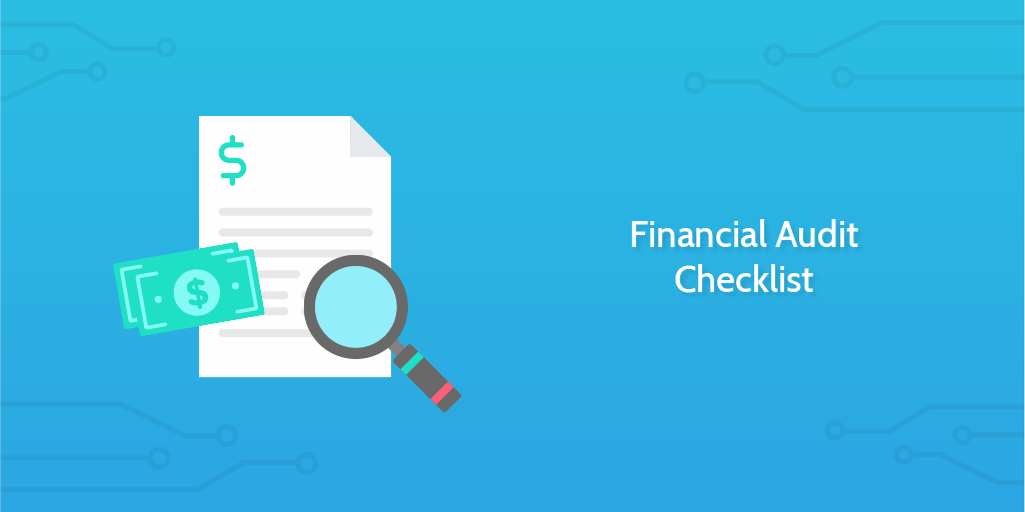4 Essential Checks For Year End Financial Audits

As the year wraps up, it’s crucial to prepare for financial audits. You hold the key to a smoother audit process by focusing on four essential checks. These checks help you catch discrepancies and ensure accuracy in your financial records. Everett CPA understands the importance of these checks in preventing potential issues. By addressing these points, you make audits less stressful and more efficient. First, verify all financial transactions for the year. Second, confirm the accuracy of account balances. Third, ensure all supporting documents are in order. Finally, review your compliance with financial regulations. Tackling these tasks now can save time and prevent headaches later. Mistakes can slip through the cracks, but with careful attention, you maintain control over your finances. This is a chance to reflect on your financial practices and strengthen your financial standing. You have the power to make your year-end audit process manageable.
Verify Financial Transactions
Start by going through each financial transaction from the past year. You need to check for anything that seems out of place. Spotting errors now prevents bigger issues later. Cross-check every entry with your bank statements and invoices. This ensures all your transactions align perfectly. Discrepancies caught early mean fewer headaches. According to the IRS, consistency in records helps avoid unnecessary scrutiny.
Confirm Account Balances
Next, verify that your account balances are accurate. Look at your assets, liabilities, and equity accounts. This step guarantees your financial statements reflect your true financial position. You should compare your internal records with bank statements and adjust for any differences. Keeping accounts reconciled will ease the workload during audits. It also gives you peace of mind knowing your books are correct.
Organize Supporting Documents
Having all your documents in one place saves you time. Collect receipts, bank statements, and invoices for easy access. Proper documentation supports every financial decision you’ve made. This is especially true if questions arise during an audit. Organizing your paperwork now means staying one step ahead. The U.S. Small Business Administration suggests keeping records well-organized to enhance transparency.
Review Compliance with Regulations
Lastly, check your compliance with financial regulations. Understanding the rules prevents violations that lead to fines or penalties. Make sure you’re aware of tax laws and other financial obligations. Compliance not only protects you but also reinforces trust with stakeholders. Staying informed is essential for a smooth audit process. You have the power to avoid costly mistakes by keeping up with the latest regulations.
Table: Checklist for Year-End Financial Audit
| Check | Task | Outcome |
|---|---|---|
| 1 | Verify Financial Transactions | Catch discrepancies early |
| 2 | Confirm Account Balances | Ensure accurate financial position |
| 3 | Organize Supporting Documents | Facilitate audit process |
| 4 | Review Compliance with Regulations | Prevent legal issues |
Conclusion
Preparing for year-end financial audits doesn’t have to be daunting. By following these four essential checks, you ensure a smoother audit process. Confirming transactions, verifying balances, organizing documents, and reviewing compliance are steps you take to secure financial integrity. With these measures, you reduce stress, save time, and protect yourself from costly errors. You have the ability to maintain control and confidence during audits. As you close the year, let these checks guide you towards accuracy and efficiency in your financial practices.

